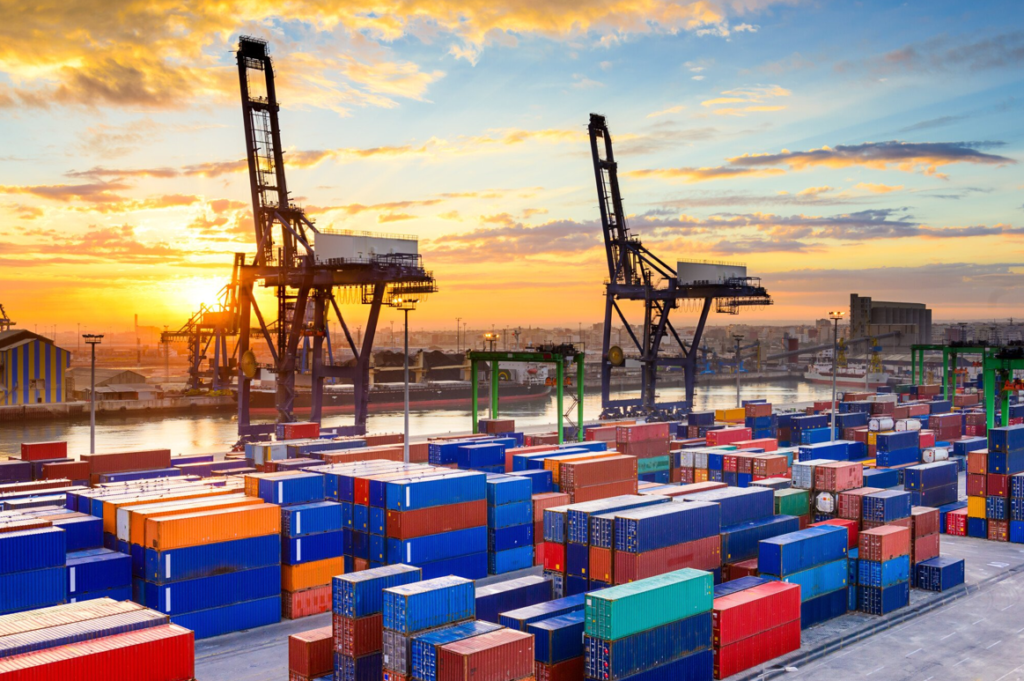Importing food opens up a world of flavors and possibilities. Imagine bringing unique flavors and ingredients from around the globe right to your doorstep. It’s an exciting journey that connects cultures and culinary traditions in every bite.
As demand grows for diverse food products, more people are exploring how to bring international foods into their lives. Importing food offers endless options for expanding choices. For anyone with a passion for global cuisine, the idea of importing food is truly enticing.
In this article, we will discuss everything you need to know about importing food.
Key Licensing Requirements for Food Imports
First, you need specific licenses to import food. Licensing helps ensure products meet safety standards. Check with local authorities to find out what you need.
Some licenses may involve an application process. This process can take time, so plan ahead. Submit all necessary documents to avoid delays.
It’s also essential to keep your licenses up to date. License renewals usually occur annually. Always check for any changes in requirements.
Labeling and Packaging Standards to Follow
Labeling and packaging play a vital role in food imports. Labels must be clear and follow your country’s rules. Misleading labels can lead to fines or shipment returns.
Food packaging must protect the contents during transport. Ensure your products are well-packaged to prevent damage. This also helps maintain freshness during shipping.
Check if your product needs special labels. Some foods require specific health information. Understand these needs to avoid regulatory issues.
Navigating Customs Procedures for Smooth Clearance
Customs procedures can be confusing, but they are crucial for food imports. Knowing these procedures can save you time and money. It’s best to familiarize yourself with what to expect.
When importing food, you must declare your items. Be accurate in your declarations to avoid penalties. Customs checks are standard, so be prepared for inspections.
Using tools and resources can help simplify customs forms. Don’t hesitate to ask customs officials for assistance. They can guide you through the process.
Essential Documentation Needed for Food Importation
Proper documentation is critical when importing food. Missing documents can cause delays or worse. It’s essential to know what paperwork is necessary.
You should have the shipping documents ready. This includes invoices and packing lists. These documents help track your shipments efficiently.
Other essential documents may include health certificates. These prove that the food is safe for consumption. Getting these from your suppliers is vital for compliance.
Health and Safety Standards for Imported Food
Health standards are crucial when importing food. They ensure that the food is safe to eat. Compliance with these standards is necessary for successful imports.
Food safety regulations differ by country. It’s essential to understand these before importing. Not following them can lead to export bans or fines.
Regular food safety audits can help maintain compliance. These audits check if regulations are being followed. Keeping up with these checks is important for a smooth import process.
The Role of FDA and USDA in Food Imports
The FDA and USDA oversee food imports in the United States. They ensure food safety for all imported products. Understanding their roles helps clarify the import process.
Each agency has specific responsibilities. The FDA mostly deals with human food safety. The USDA focuses on meat and poultry imports.
Both agencies require proper documentation. Always ensure that your shipments meet their guidelines. This will help avoid delays at customs.
Import Tariffs, Taxes, and Other Fees
Importing food often involves paying tariffs and taxes. These additional costs can affect your prices. Understanding these fees is crucial for your budget.
Tariffs can vary based on food type and country. Research what tariffs apply to your imports. This can help you plan and avoid surprises.
Besides tariffs, consider other fees. Customs clearance fees may also apply. Factor these into your final costs for more accurate budgeting.
Common Pitfalls and How to Avoid Import Delays
Common mistakes can delay food imports. Missing documentation is a major issue. Being organized can help you avoid these pitfalls.
Don’t underestimate the importance of proper labeling. Incorrect labels can lead to serious delays. Always double-check your labels before shipping.
Maintaining clear communication with suppliers is essential. This helps ensure that everyone understands the requirements. Open channels prevent misunderstandings that can cause delays.
Managing Food Quality and Shelf Life During Shipping
Managing food quality during shipping is vital. Certain foods are more sensitive to temperature changes. Proper storage and transport conditions can preserve food quality.
Monitor the temperature and humidity during transport. This can help maintain freshness and safety. Use appropriate equipment to manage these conditions.
Understanding the shelf life of your products is crucial. Expired goods can lead to health issues. Always check the dates and plan your shipping accordingly.
Tips for Selecting Reliable Suppliers and Distributors
Selecting reliable suppliers is essential for food imports. Good suppliers ensure quality and compliance. Research potential suppliers thoroughly before choosing.
Look for suppliers who follow food safety standards. Ask for references and reviews to gauge their reliability. A trustworthy supplier will provide the necessary documentation.
Regular communication with distributors is vital too. Discuss expectations and standards clearly. This helps build a stronger working relationship over time.
Stay Updated on Changing Import Laws and Trends
Import laws change frequently, so it is important to stay informed. Keeping up with the latest rules helps your business run smoothly. If you have questions about these changes, FSVP agent services can help you.
Being part of industry groups is a smart way to learn about food imports. These groups provide useful resources and share important news. Connecting with other importers can also give you valuable insights.
Make sure to check government websites for updates regularly. These websites offer accurate and up-to-date information. Following these rules will help you stay compliant with food import laws.
Embrace the World of Importing Food
Importing food allows you to explore a vast range of tastes and ingredients from different cultures. It connects you with unique culinary traditions that can enhance your meals. By understanding the necessary rules and regulations, you can enjoy the benefits of this exciting journey.
As you embark on your importing food adventure, remember that staying informed is key. Keep track of the latest updates and maintain strong connections in the industry.
Want to read more informative articles like this one? Poke around in the rest of our blog to see what interests you.


